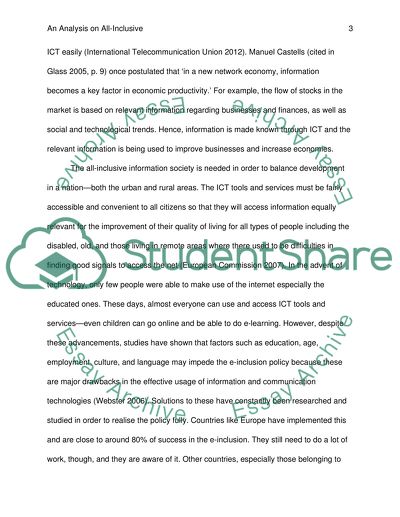Cite this document
(“Can one argue that we live in an all-inclusive Information Society Essay”, n.d.)
Retrieved from https://studentshare.org/journalism-communication/1495603-can-one-argue-that-we-live-in-an-all-inclusive
Retrieved from https://studentshare.org/journalism-communication/1495603-can-one-argue-that-we-live-in-an-all-inclusive
(Can One Argue That We Live in an All-Inclusive Information Society Essay)
https://studentshare.org/journalism-communication/1495603-can-one-argue-that-we-live-in-an-all-inclusive.
https://studentshare.org/journalism-communication/1495603-can-one-argue-that-we-live-in-an-all-inclusive.
“Can One Argue That We Live in an All-Inclusive Information Society Essay”, n.d. https://studentshare.org/journalism-communication/1495603-can-one-argue-that-we-live-in-an-all-inclusive.


